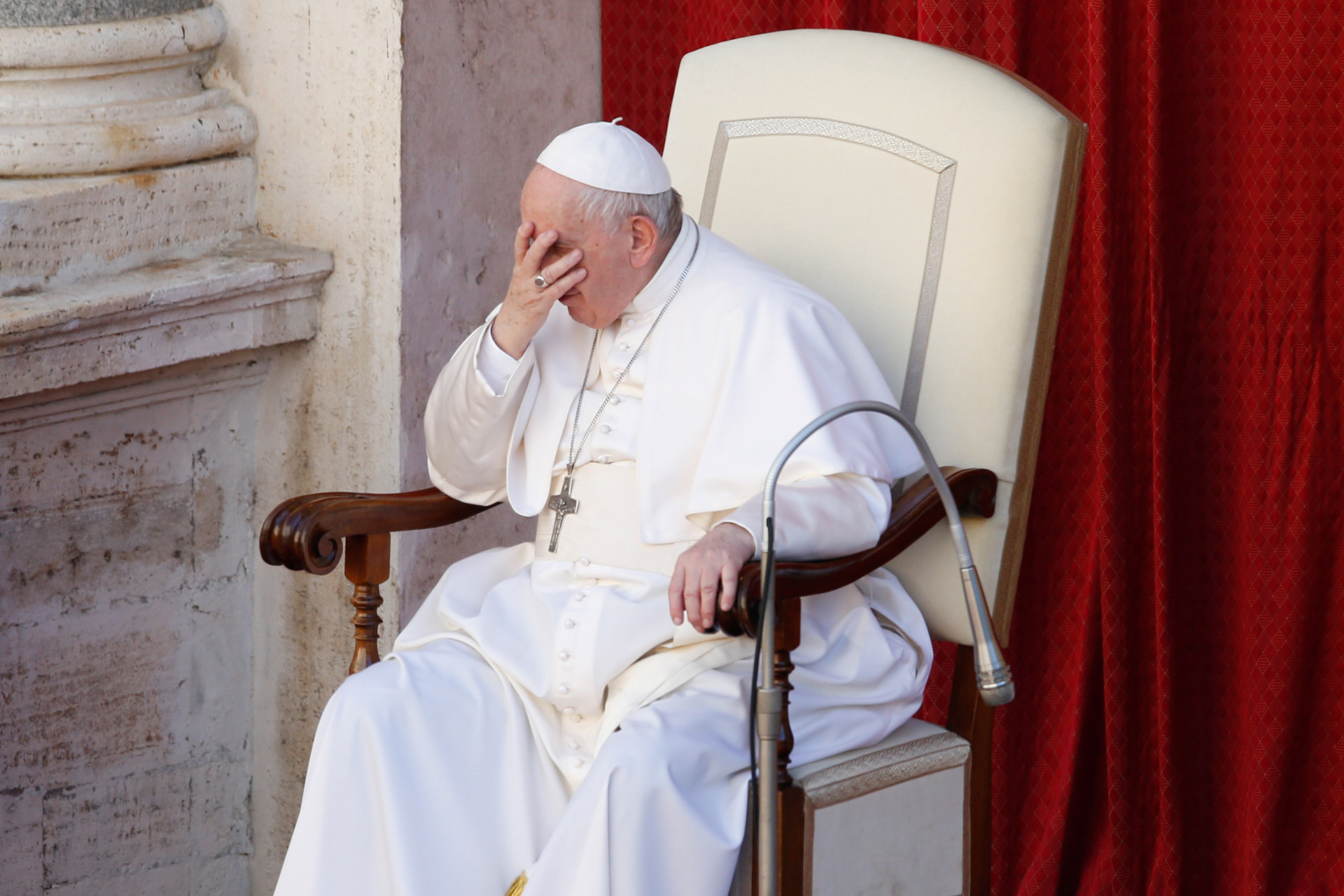Pope Francesco described the tragedy of aboriginal boarding schools in Canada as amounting to a "genocide", at the end of a six-day trip to the country.
During this "journey of penance" that led the Pope from western Canada to Quebec to the Arctic region of the country, the Pope asked forgiveness several times from the indigenous people of this system in which at least 6,000 children died between the end of the fifteenth century and the nineties the last century.
"I offered my apologies and asked forgiveness for this act of genocide," the pope said during a press conference on his plane to Rome.
"Children abduction, culture change, mentality change, tradition change, race change, a whole culture change," the pope added, referring to the boarding schools for indigenous children.
"Yes, genocide is a technical term. I didn't use it because it didn't cross my mind, but I described what amounted to genocide, and it's true," he added.
150,000 children were forcibly entered into these schools, and many of them were subjected to physical and sexual abuse, and many of them died after falling victims of disease, malnutrition and neglect.
On the last stop in Iqaluit, the capital of Nunavut in the Canadian Arctic, the 85-year-old pope was greeted with chants among the colorful houses.
In this city - with a population of about 7,000 people and accessible only by air - Pope Francesco once again touched on the "great suffering" experienced by the people who were forcibly placed in boarding schools, in order to "kill the Indian in the heart of the child."
Some of his receivers demanded the return of Indigenous artifacts kept in the Vatican Museums for decades, and the opening of the archives of boarding schools.
They also called on the Pope to cancel papal decrees issued in the fifteenth century, allowing European powers to colonize the lands of non-Christian peoples.

